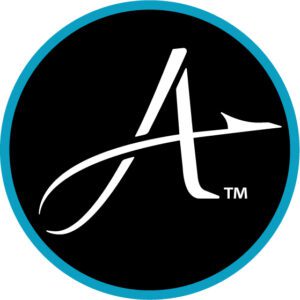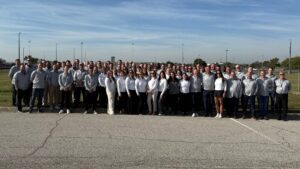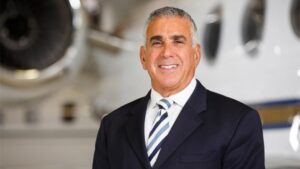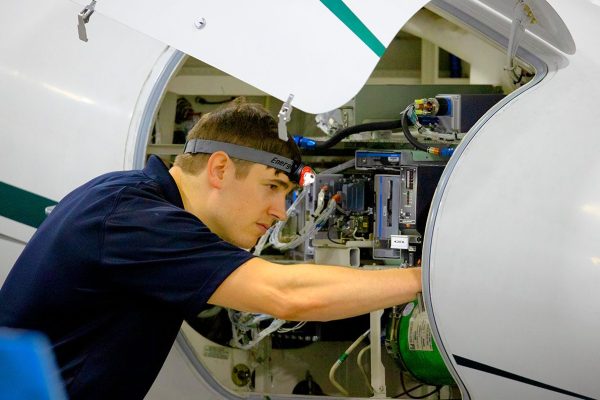Technology is advancing at a lightning pace. Aircraft manufacturers are continuously introducing new aircraft with speed, comfort, and safety enhancements. These improvements have many aircraft owners considering an upgrade to the latest models. When doing so, they should evaluate the following: What are the income tax ramifications in the current tax landscape when like-kind exchange is no longer available for aircraft transactions? How will the CARES Act provisions benefit an aircraft acquisition in 2020?
The Tax Cut and Jobs Act (‘Jobs Act’), passed by Congress in December 2017, brought major changes to tax legislation that impacted the aviation community. It eliminated business aircraft from like-kind exchange regulations. Therefore, when a previously depreciated aircraft is sold, it will likely result in gain recognition (depreciation recapture). There is no deferral available on the resulting income tax liability.
The Jobs Act also increased bonus depreciation from 50% to 100%, allowing a business aircraft to be depreciated in full in the year of acquisition. As such, by purchasing a new aircraft and utilizing 100% bonus depreciation, one can effectively defer income tax liability resulting from the sale of the current aircraft.
Trading Up in 2020
Below is an illustration for a taxpayer with a fully depreciated 2018 Piper M350, trading up to a Piper M600, with 100% business use in 2020:
| M350 Trade-in Value | $1,000,000 | |
| 2020 Taxable Gain | $1,000,000 | |
| Purchase M600 | $3,200,000 | |
| 2020 100% Bonus Depreciation | ($3,200,000) | |
| 2020 Net Tax Deductions | ($2,200,000) |
Acquisition of the M600 will produce a net depreciation deduction of $2.2M in 2020. This equates to a reduction of $880,000 in income tax payments, at 40% marginal tax bracket.
The CARES Act – 2020
The recently enacted Coronavirus Aid, Relief, and Economic Security Act (the CARES Act) reinstates the ability for taxpayers to deduct current year tax losses against income from a prior tax year and receive a tax refund. The concept of a net operating loss carryback (NOLCB) allows income tax payments from up to five years ago to be refunded due to a tax loss incurred in the current tax year. This may have implications for companies who are looking to purchase a business aircraft in 2020.
For example:
A company has net taxable income of $3,000,000 in 2020 and are considering the purchase of a 2020 PC-12NGX ($5,400,000) to help manage and grow their business. Assuming 100% business use of the aircraft for 2020, they would be allowed a $5,400,000 depreciation deduction for the aircraft. This would eliminate the 2020 tax liability of $1,200,000, assuming an income tax rate (federal and state) of 40%. The resulting tax loss of $2,400,000 can be carried back to tax year 2015 and applied against their 2015 taxable income. If the loss is not fully absorbed by their 2015 income, the remaining loss can be carried to 2016, 2017 tax years, etc., until fully absorbed by prior year taxable income.
In this case, the result is a reduction of $2,400,000 in 2015 taxable income, which would result in a tax refund of $960,000. Through the purchase of the PC-12 NGX in 2020, the total income taxes saved would amount to $2,160,000.
| 2020 Income Tax Savings | ||
| 2020 Taxable Income | $3,000,000 | |
| Acquisition of a PC-12NGX | $5,400,000 | |
| 100% Bonus Depreciation | $(5,400,00) | |
| 2020 Tax Loss | $(2,400,00) | |
| Income Tax Saved in 2020 | 40% | |
| CARES Act Net Operating Loss Carryback Savings | ||
| 2020 Tax Loss | $(2,400,000) | |
| Income Tax Refund Due – 2015 | 40% | $960,000 |
| Total Income Tax Saved | $2,160,000 |
While it may be a daunting task to make a significant capital acquisition in the current economic environment, for those companies that are able to weather the storm and position your business for a robust rebound, this tax provision should be carefully evaluated with your tax advisors.
This information was written by Daniel Cheung, CPA, and provided by Aviation Tax Consultants. Learn more at
https://aviationtaxconsultants.com/
Daniel Cheung, CPA is a principal of Aviation Tax Consultants, LLC (ATC), with offices in Columbus, Indiana and Scottsdale, Arizona. Since its founding in 2003, ATC has been assisting taxpayers in acquiring business aircraft in a tax efficient manner, while complying with Federal Aviation Regulations and working closely with client’s tax and legal advisors. ATC’s consulting services include the elimination or reduction of sales and use tax at the time of acquisition, maximization of income tax savings, managing the cost of personal use, the compliance with passive activity loss, hobby loss and other IRS regulations.





